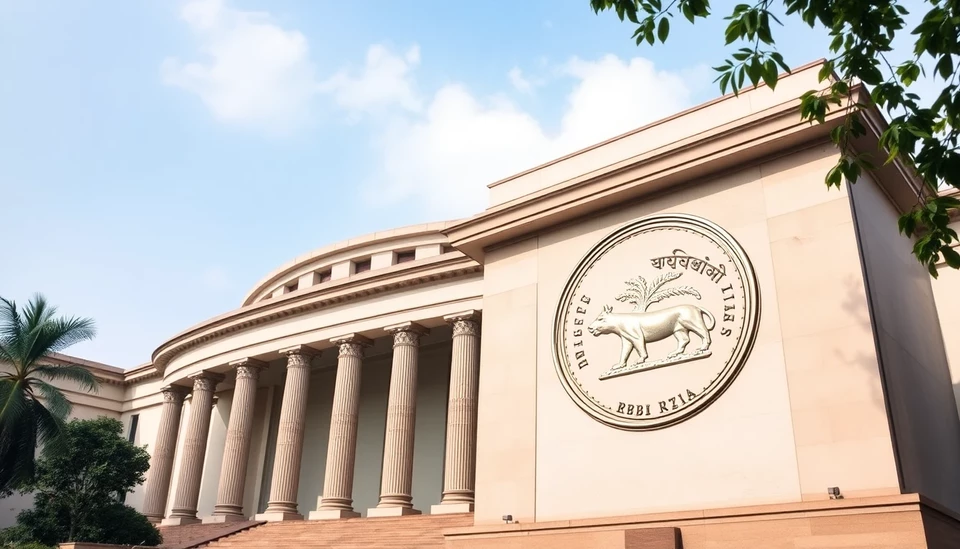
In a recent development reflecting the concerns of the banking sector, Indian banks have formally approached the Reserve Bank of India (RBI) with a request to delay the enforcement of new liquidity regulations set to take effect in April. This request signals the growing unease within the banking community regarding the potential impact of these rules on the financial ecosystem.
The upcoming liquidity rule aims to enhance the stability of India's banking system by implementing stricter requirements for managing liquidity. However, banks argue that the timing of this imposition is not ideal, given the current economic conditions and the challenges they face in maintaining liquidity. Stakeholders in the banking sector have pointed out that the anticipated changes might exert unnecessary pressure on banks, affecting their ability to support ongoing economic activities.
As part of their argument, the banks have highlighted the considerable operational adjustments needed to comply with the new liquidity requirements. They fear that the short timeframe before the April deadline may hinder their ability to adapt efficiently, potentially leading to adverse effects on lending practices and overall bank stability. Moreover, the banks contend that a delay could allow them to better align with the central bank's objectives while ensuring that the financial industry remains resilient amid global uncertainties.
The RBI has traditionally played a crucial role in regulating the banking sector, aiming to safeguard financial stability while promoting growth. The central bank's response to this request from the banks remains to be seen, as it will need to balance the demands of financial institutions with the broader economic landscape it oversees.
Industry analysts are closely monitoring the situation, as the outcome of this request could significantly influence banking practices and the overall economic environment in India. The importance of maintaining a robust liquidity position cannot be overstated, especially in times of economic stress, but the method and timing of implementing regulatory changes are equally critical for a sustainable banking operation.
The coming weeks will be pivotal as banks continue to voice their concerns and as the RBI deliberates on how best to proceed in accordance with its mandate to ensure financial stability and support economic growth.
As the financial world turns its gaze towards India, the implications of this potential regulatory delay may resonate beyond the Indian borders, affecting international perceptions of investment and economic policy in the region.
#IndianBanks #RBILiquidityRule #BankingRegulations #FinancialStability #IndiaEconomy
Author: Laura Mitchell
